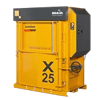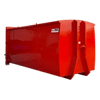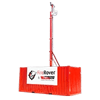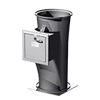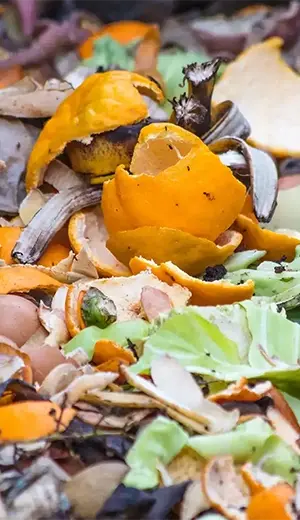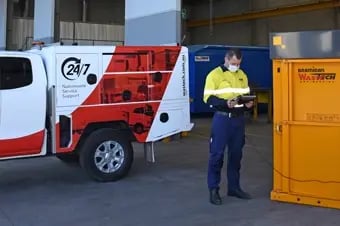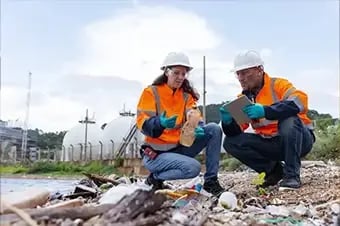
Embracing Circular Economy: The Transition of Australia’s Waste Management System
Achieving a circular economy is more than just exercising a reduce, reuse, and recycle system; it’s all about transitioning from a linear economy to closing the loop. The traditional linear system defeats the idea of sustainability as it uses natural resources, produces waste, restricts innovation, and makes the nation less resilient. The current waste challenges require us to close the loop and shift to a circular economy. How?
Choosing a circular economy over the conventional “take-make-dispose” approach significantly affects our environment by minimising the resources used, reducing waste volume, increasing economic benefits, and improving the nation’s sustainability. But changing from a linear to a circular economy requires collaborative cooperation across the government, industries, businesses, and citizens.
The Australian government has been actively initiating policies, regulations, and programs for managing the waste landscape. One of the implemented regulations in the nation is waste exports. This aims to minimise the negative impact of unprocessed waste materials and regulate the export of glass, plastic, tyres, and paper waste. The regulation ensures that there’s a proper exportation of processed waste resources to prevent them from being dumped overseas.
Apart from regulating the exports of key waste streams, the government commits to a circular economy through the development of its National Waste policy and Action Plan. This includes strategies to increase waste recovery and recycling rates through:
- Increasing the resource recovery rate of all waste to 80% by 2030.
- Reducing the total generated waste by 10% per person by 2030.
- Substantially improve the use of recycled materials by industries and governments.
- Phase out harmful and unnecessary plastics by 2025.
- Halve the amount of food waste sent to landfills by 2030.
With this being one step forward towards the transition, this strategy can also present economic opportunities like building a better environment and community, equipping businesses and industries, and creating jobs—the funding of the federal government in diverting waste from landfills can also assist in creating 10,000 jobs.
As Australia is slowly shaping up towards a circular economy, industries should also recalibrate how they generate products in terms of the materials and resources needed, life cycle, and sustainability. Businesses should keep in mind that design choices are more than just aesthetic; they also contribute to the detrimental effects on the environment.
With sustainability and eco-design in mind, products and materials can be developed in a long-lasting and more durable form—repairable, reusable, and upgradable. To suit our approach in the circular economy, products can be designed by streamlining the resources needed, developing without harmful chemicals, and making them easier to disassemble.
In addition, contributing to the circular economy is not limited to making the right choices in design and production. Businesses, industries, and the government should also focus on adopting technological solutions and innovative equipment for waste management. The shift from a linear to a circular approach requires innovation and development, such as new products, frameworks, recycling and recovery approaches, and models.
The Australian government is starting to invest in new and upgraded recycling infrastructure through the Recycling Modernisation Fund (RMF). This initiative enables the nation to further its sorting, processing, and remanufacturing of resources like cardboard, glass, plastic, paper, and tyres. The project is set to improve Australia’s waste landscape and increase the annual processing capacity by over one million tonnes.
Furthermore, businesses and industries can adopt innovative solutions by finding the right partner. Waste management specialists can help you navigate through your waste management problems. These experts will also guide you from assessment and consultation to equipment acquisition and service maintenance.
Wastech Engineering shares the same mission of contributing to the circular economy. With our team of experts, we provide technology-enabled solutions and engineering innovations driven by environmental sustainability. We offer a comprehensive range of services and equipment tailored to your specific requirements.
Wastech also supports the Bin Trim Equipment Rebate Program of the federal government, which aims to support businesses and industries in transitioning to a circular economy. This program provides up to $50,000 in rebates to cover up to 50% of the cost of small-scale, on-site recycling equipment or technology.
If you’re a business in NSW and planning to start your waste management journey, Wastech can assist you in conducting a waste audit and identifying the right equipment for the equipment acquisition and application process. Call us at 1 800 465 465 or fill out this form to know more about the process.
Learn more about Wastech Engineering and our diverse range of innovative equipment here.
